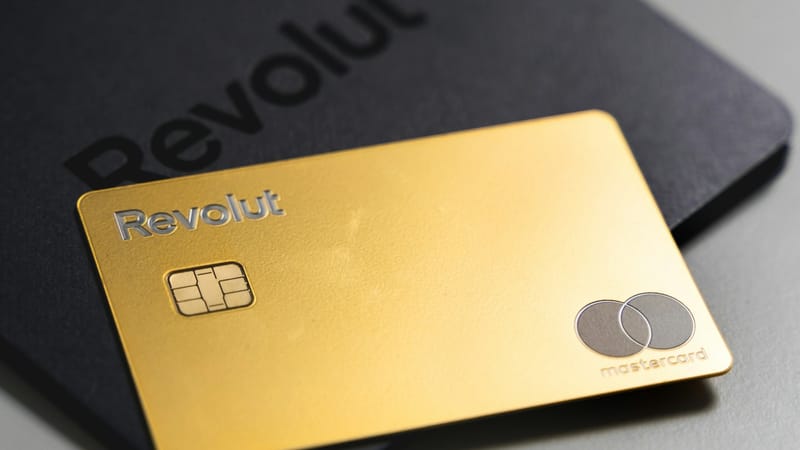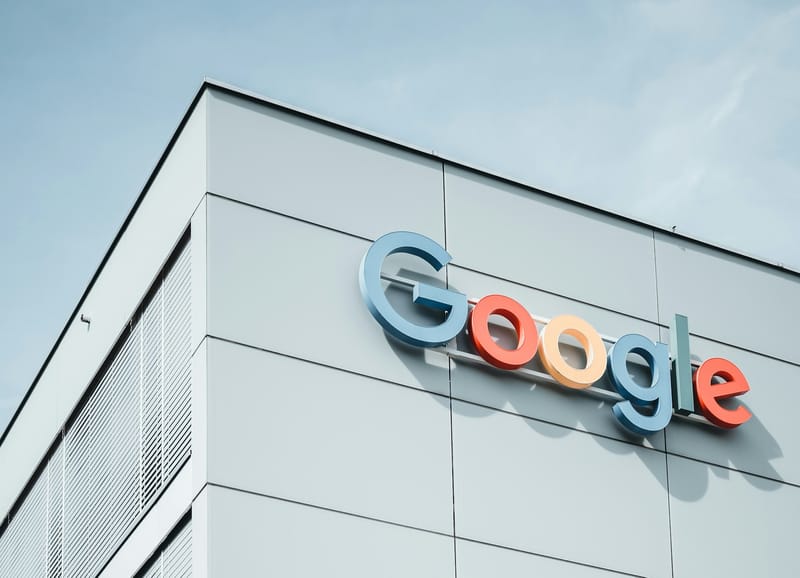Top Stories: WhatsApp rolls out a new voice chat feature; Uber addresses unfair drivers' deactivations
Here are the five most important stories we are tracking today — Tuesday, November 14, 2023. 1️⃣ WhatsApp rolled out a new voice chat feature Meta's WhatsApp is introducing a new voice chat feature designed to be a less disruptive method to connect with large groups on the platform.

Here are the five most important stories we are tracking today — Tuesday, November 14, 2023.
1️⃣ WhatsApp rolled out a new voice chat feature
Meta's WhatsApp is introducing a new voice chat feature designed to be a less disruptive method to connect with large groups on the platform.
This anticipated feature which has been in beta testing since August, offers a distinct approach. Unlike WhatsApp‘s conventional automatic ringing for voice calls, participants in a group will now receive a push notification, accompanied by an in-chat bubble for easy entry.
During an ongoing voice chat, call controls can be accessed from the top of the chat without hindering the ability to send text messages simultaneously—a functionality reminiscent of group call features in platforms like Slack and Discord.
The new feature also allows users to exit and rejoin the voice chat at will. The chat concludes once all participants have left or if there's a solitary participant for an hour.
Ensuring privacy, voice chats are by default end-to-end encrypted and will only be accessible through a user's primary device — with no support for linked devices.
The rollout of this feature is expected on iOS and Android in the upcoming weeks, starting with larger group chats featuring 33 to 128 participants, as detailed on WhatsApp's feature page.
Recently, it launched a voice status recording feature and an instant video messaging feature in the app.
2️⃣ Uber takes measures to address unfair drivers' account deactivations
In response to long-standing driver protests against unfair deactivations, Uber, the ride-hailing platform, is introducing new features to tackle issues faced by ride-hailing and delivery drivers. Unfair deactivations are akin to being fired in the gig economy, leading drivers to lose access to their accounts.
To address these concerns, Uber is launching an expanded in-app Review Center. This feature aims to provide drivers and couriers with more detailed information about the reasons for their account deactivation. It enables them to request an additional review of the decision and offers the opportunity to share supporting materials such as audio or video recordings to support their case.
Furthermore, Uber is taking steps to address drug-related accusations against drivers. The company will now cover the costs of drug testing for drivers accused of driving under the influence of drugs who wish to dispute the accusation.
In a bid to curb consistently negative ratings or feedback from riders or Uber Eats customers seeking refunds, Uber is rolling out technology that identifies such patterns. The company stated that allegations from these customers will not impact drivers' ratings or deactivation decisions, as stated in a recent blog post.
Uber is also expanding its in-app iOS voice recording feature, allowing drivers to record videos of their trips using the front-facing camera on their phones. The recorded content is encrypted and stored directly on drivers' devices, accessible only if the driver chooses to share it with Uber for review.
3️⃣ Zelle Payment app begins refunds for imposter scams
Zelle, the digital payment platform owned by several major banks in the US, has taken a significant step in consumer protection. In response to concerns raised by U.S. lawmakers and the federal consumer watchdog, banks on the Zelle app have started refunding victims of imposter scams.
According to Early Warning Services (EWS), seven banks including JPMorgan Chase and Bank of America, began reversing transfers as of June 30 for customers duped into sending money to scammers claiming to be from a government agency, bank, or existing service provider.
Although Federal rules require banks to reimburse customers for payments made without their authorization, such as by hackers, but not when customers themselves make the transfer.
While Zelle announced a reimbursement benefit for "specific scam types" on August 30, the details of its new imposter scam refund policy have not been disclosed, as the company is concerned that revealing such information may incentivize criminals to make false scam claims.
4️⃣ Nepal to ban China's TikTok
Nepal has taken a firm stance against the popular Chinese-owned social media app TikTok, citing concerns about its impact on sacred sites and social harmony.
Although what triggered the ban has not specifically been mentioned, Nepal’s Minister for Communications and Information Technology Rekha Sharma said the decision was made because TikTok was consistently used to share content that “disturbs social harmony and disrupts family structures and social relations.”
According to local reports, more than 1,600 TikTok-related cybercrime cases have been registered over the last four years in Nepal.
While this decision has been heavily criticized and said to be a deliberate attempt to curb the freedom of expression, Napal still maintains its stance in banning the platform, as opposed to regulation, claiming removing individual videos would be technologically difficult for the Nepali authorities, leading to a consequent ban proposal on the app itself.
5️⃣ Google set to remove inactive Gmail Accounts
Google has updated its inactive account policy to address accounts that have not been used within 2 years to maintain account security and data privacy.
The VP for Product Management at Google, Ruth Kricheli, stated that “Forgotten or unattended accounts often rely on old or re-used passwords that may have been compromised, have not had two-factor authentication set up, and receive fewer security checks by the user."
Following this policy, Google reserves the right to delete inactive accounts and their associated data, and this policy applies to personal Google Accounts, not those set up through work, school, or other organizations. Also, Google may delete data within a specific product if you’re inactive in that product for two years.
Google will start deleting inactive accounts subsequent to this policy, earliest, December 1, 2023.
While the inactive account policy applies to accounts not been used for a 2 years period, however, a Google Account will be considered active even if it hasn’t been used within two years if; its associated user made a recent purchase of a Google product, app, service, or subscription; the account contains a monetary gift card balance; the user own a published application or game with active subscriptions or financial transactions; the account manages an active minor account with Family Link, or; the account has been used to purchase a digital item.
Follow all of Techloy's coverage of the technology news happening locally and globally and get up to date with what's happening in the key markets within the region.





